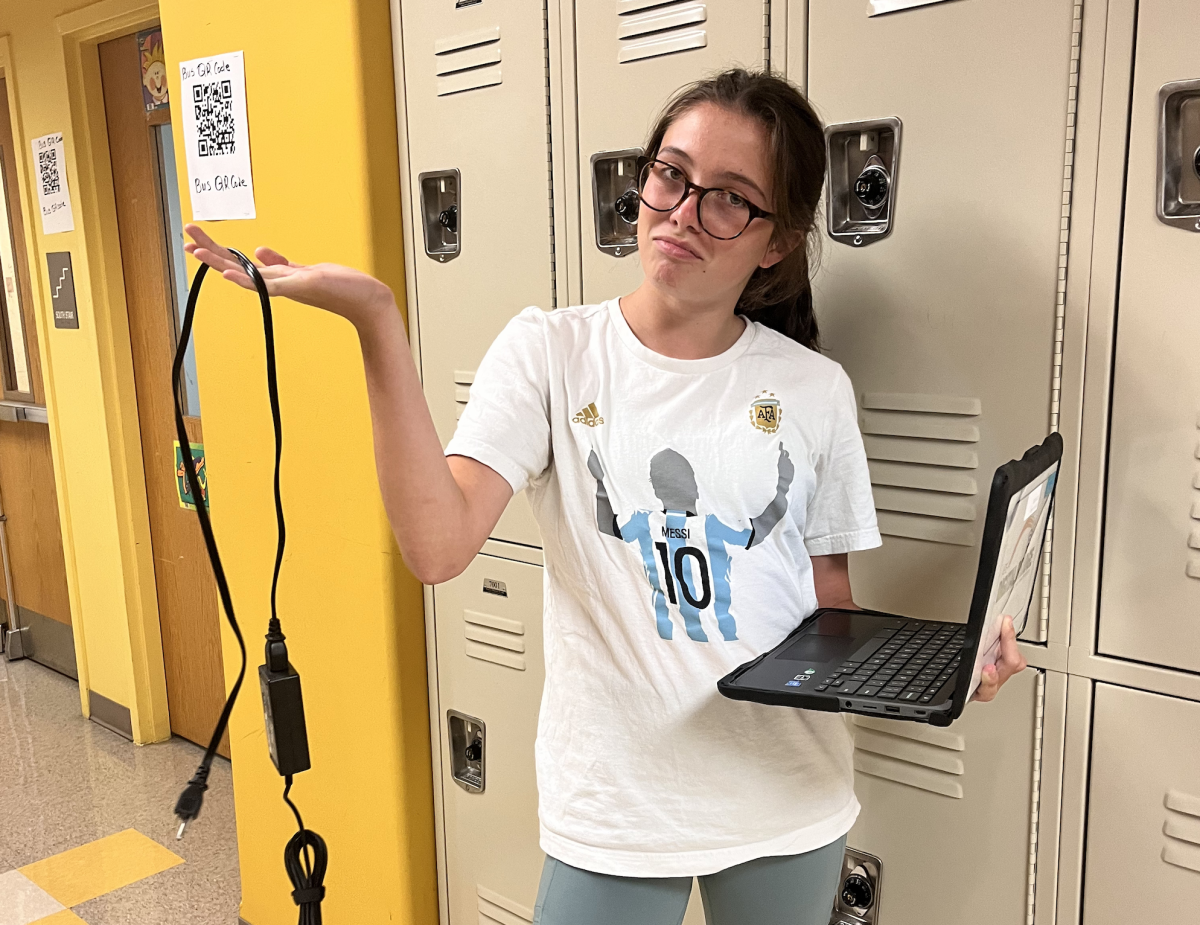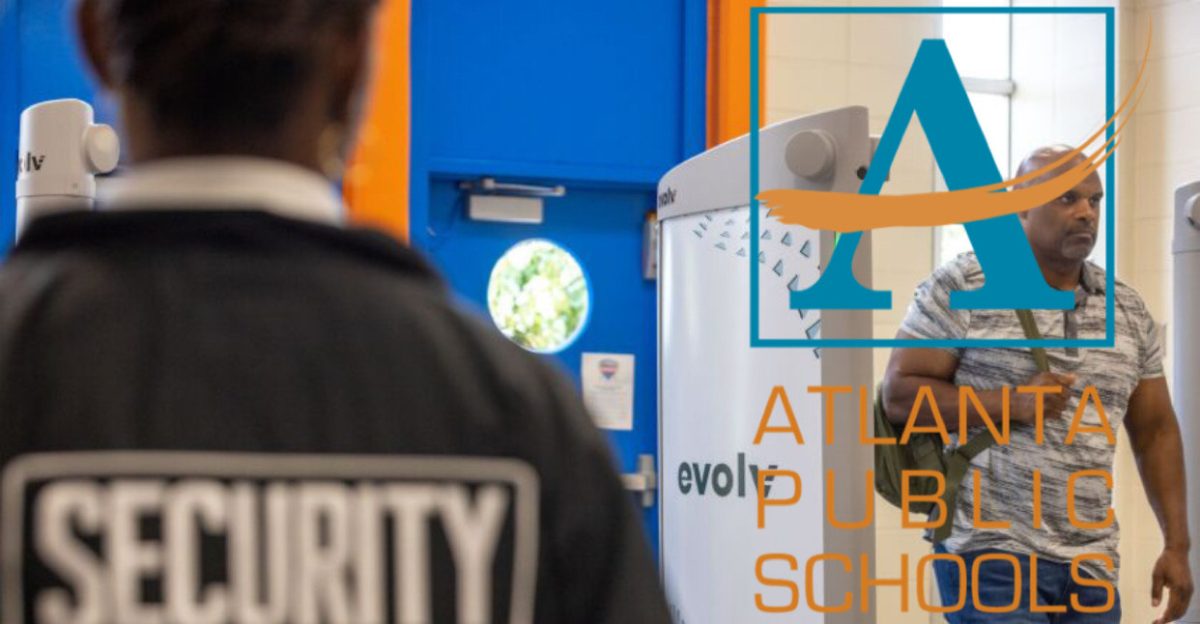In the rapidly changing landscape of education, technology has become an indispensable tool for both students and teachers alike. At the forefront of this technological revolution are Chromebooks, portable devices that facilitate seamless access to online learning resources, communication channels, and assignments. However, a recent hiccup in the distribution of Chromebooks within Atlanta Public Schools (APS) has highlighted the issues that can arise when not all students have access to critical technology.
While opinions vary about whether technology improves education, it does streamline the learning experience by allowing students to submit assignments with just a few clicks and enabling instant communication with teachers. “I love how I always have access to all of my assignments, and they are all in one place,” said NAHS Sophomore Emily Shull.
Beginning in 2019, APS launched a technology initiative to increase equity in the district and close the “homework gap” by providing Chromebooks to all students as well as personal hotspots to those with no internet access at home. This year, however, APS has stopped giving out free hotspots and instead gives students a discounted hotspot from cellular companies such as Verizon and T-Mobile. “The fact that APS is not giving out free hotspots to those in need will definitely create an inequality gap,” said Ms. McCall, the NAHS Media Specialist.
Reliance on the APS-issued devices and hotspots to complete work and turn in assignments has made this year’s two-week delay in Chromebook distribution problematic for many students. The delays have been due in part to a lack of chargers and 1200 missing computers at the District level. Another cause of the delay is that only about 300 out of 2400 NAHS students have completed the mandatory tech agreement form. NAHS administration was hoping that all teachers would only assign paper assignments while students were without Chromebooks. However, not all teachers were able to make this possible and an inequality gap was created. “It definitely created a gap between students who had a personal computer at home and those who did not,” said McCall.
The Chromebooks’ delayed arrival has underscored the vital role they play in modern education and highlighted how important it is for all students to have access to the same resources. Just two weeks without computers has emphasized for students and teachers alike the true extent of technology’s power in today’s educational environment.














